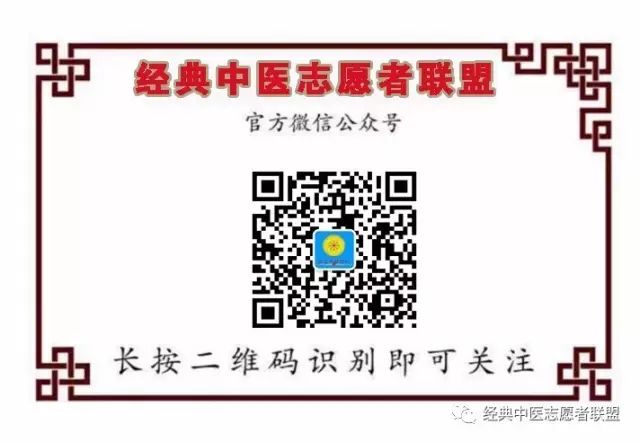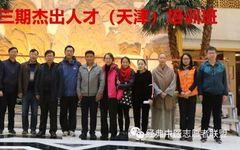
Zhang Shiweng
What is external invasion? The common factors are wind, cold, heat, dampness, dryness, and fire, collectively known in Traditional Chinese Medicine (TCM) as the Six Excesses (Liù Yín). When studying the causes of diseases in TCM, many people mistakenly equate the Six Excesses with microbial invasion in Western medicine. They believe that the Six Excesses are specific substances that invade the body; for instance, cold is seen as cold qi entering the body, and wind as wind entering the body.
This understanding is evidently incorrect. Wind, cold, heat, dampness, dryness, and fire do not actually enter a person’s body. Instead, they belong to the external environment and affect the movement of qi within the body, disrupting the normal state of qi dynamics.
First, let’s consider wind. In nature, wind is fast, unpredictable, and can cause trees to sway and flags to flutter. A little moisture can dry up quickly, and small objects can be blown away or scattered. Its primary function is dispersion, and it has a strong dispersing effect. Therefore, when wind invades our body, it does not penetrate into our body; rather, it causes the qi dynamics to become erratic and uncontained, much like the nature of wind itself. A typical corresponding formula is Guizhi Decoction (Guìzhī Tāng) from the Treatise on Cold Damage (Shānghán Lùn).
What about cold? There is a term called “thermal expansion and cold contraction”; in cold environments, qi tends to contract, leading to poor circulation of qi and blood, causing the qi to be in a state of contraction. In winter, without heating, many people curl up while sleeping. Similarly, if the pulse qi cannot be expressed, and the pulse is soft and turbid, we say that dampness (shī zhè) may be obstructing it. As for fire, although it is superficial, it can be very vigorous.
Thus, the textbooks of TCM list dispersing wind-cold herbs, wind-dispelling and cold-dispersing herbs, and dampness-expelling herbs, which is misleading. If wind has never truly entered, and cold has never truly entered, how can we talk about expelling them? They merely cause a change in the state of qi and blood movement in the body. These herbs can correct the deviations in the movement of qi.
If we view many diseases from this perspective, how can we distinguish between internal injury and external invasion? From the perspective of the unity of qi, there is only one qi; it merely causes a change in the state of qi movement in the body.
According to the theory of the unity of qi, many diseases do not have a clear distinction between external invasion and internal injury, and clinically, there is no need to differentiate between them. For example, cough, cold, and rheumatoid arthritis can all be treated by correcting the deviations in qi movement with herbal medicine.
When a patient reports a cold, practitioners often choose the so-called exterior-releasing and cold-dispersing herbs from textbooks. When a patient complains of a cough, they select herbs that disperse and descend lung qi. If we approach treatment with this mindset, the effectiveness will not be very high.


